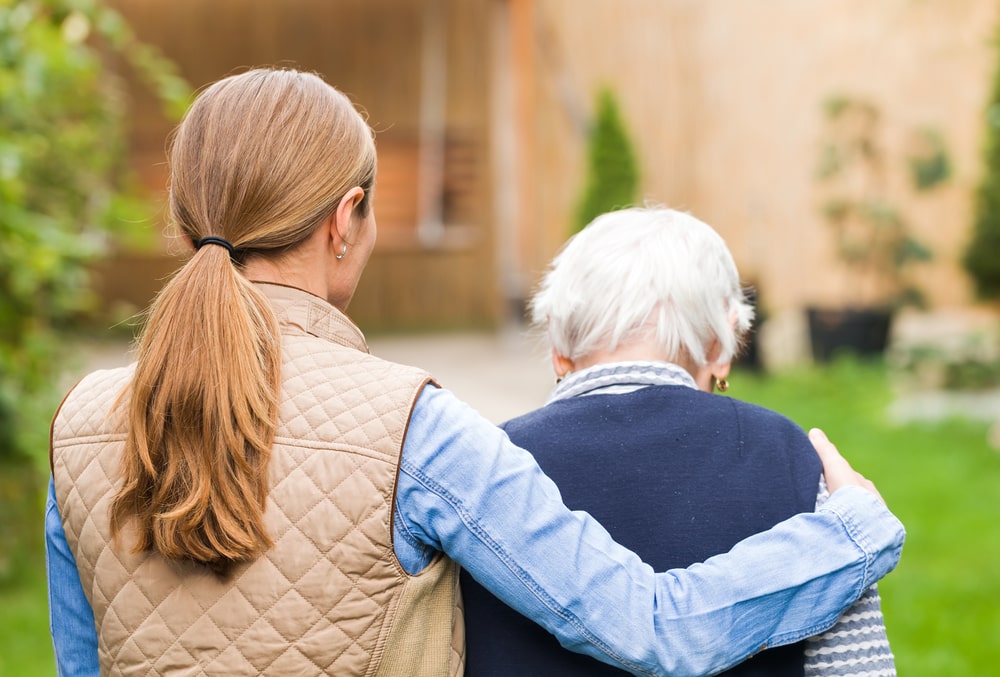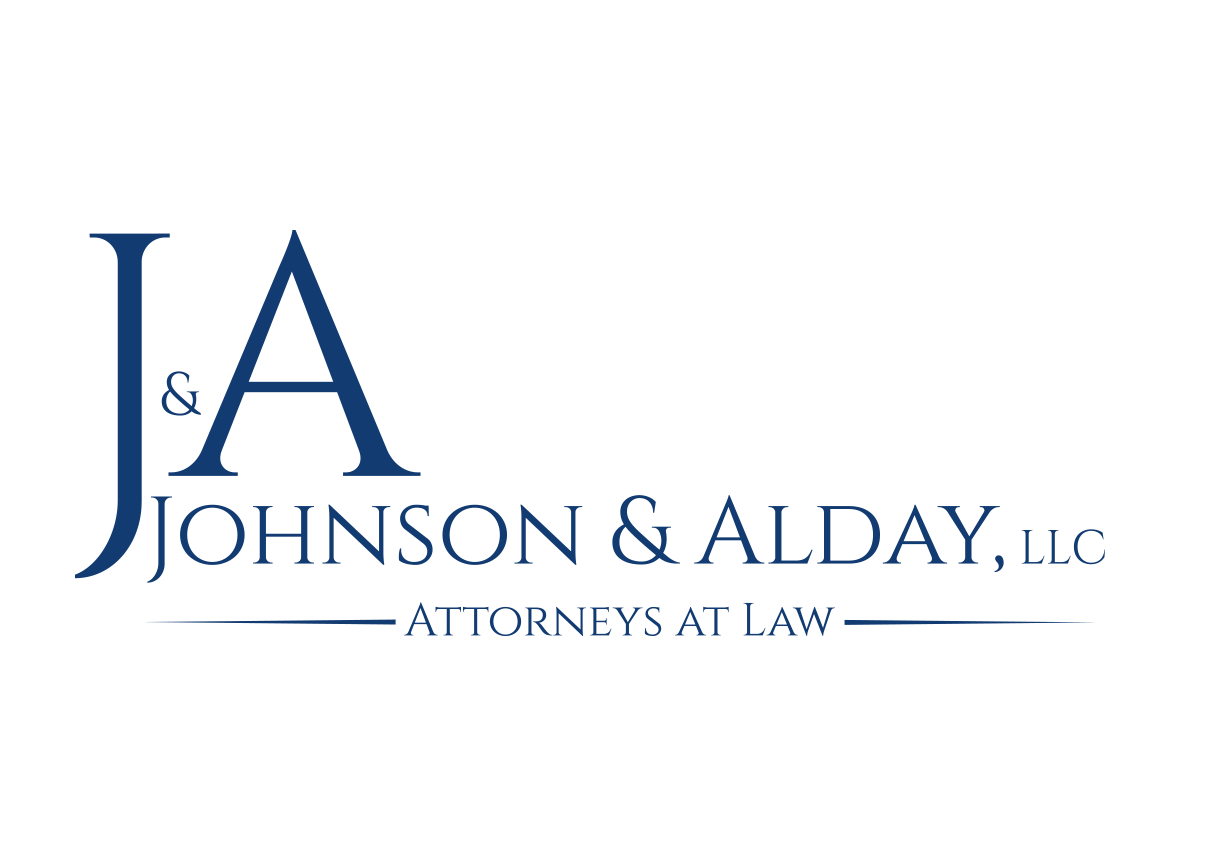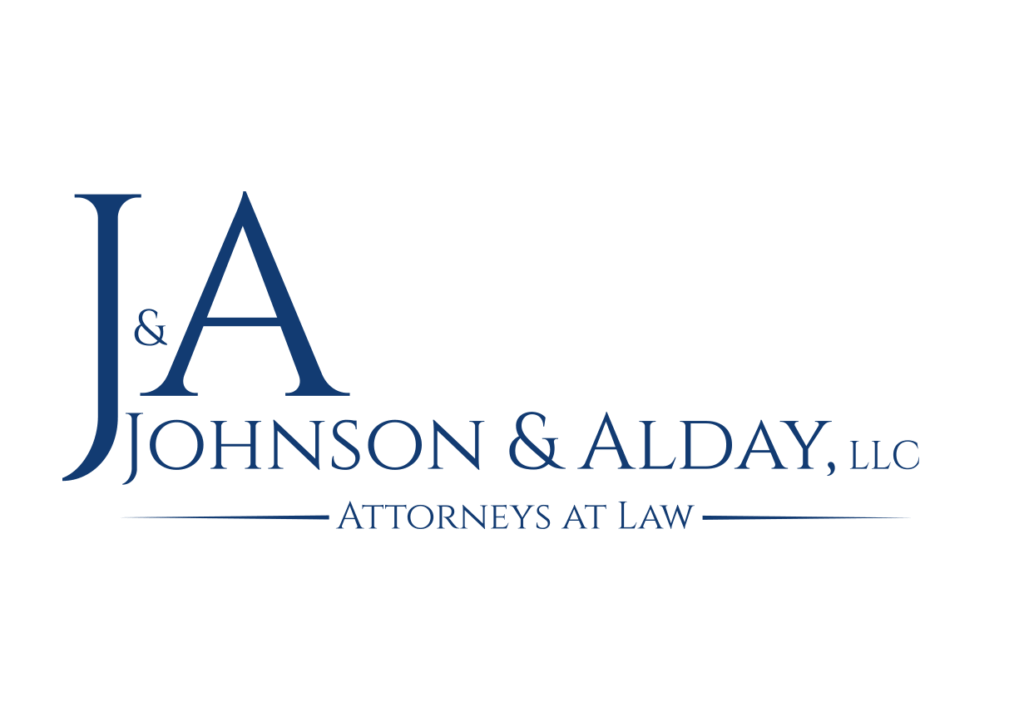Abuse In Nursing Homes: Challenges And Fixes
Nursing Home Abuse
Abuse in nursing homes represents a grave violation of trust and dignity, posing significant risks to the health, safety, and well-being of vulnerable elderly residents. Despite regulatory safeguards and quality standards, instances of abuse continue to occur, highlighting the need for enhanced awareness, vigilance, and accountability within the nursing home industry. Below, our friends at Andersen & Linthorst, offer a comprehensive examination of the multifaceted issue of abuse in nursing homes, exploring its underlying causes, manifestations, consequences, and potential solutions.
Prevalence And Forms Of Abuse
Abuse in nursing homes can take various forms, including physical abuse, emotional abuse, sexual abuse, neglect, and financial exploitation. Common manifestations of abuse may include:
- Physical Abuse: Infliction of physical harm, such as hitting, slapping, kicking, restraining, or inappropriate use of restraints, resulting in pain, injury, or impairment.
- Emotional Abuse: Verbal or nonverbal behavior that causes psychological distress, fear, intimidation, humiliation, or degradation, including threats, insults, or isolation.
- Sexual Abuse: Non-consensual sexual contact or behavior, sexual harassment, exploitation, or coercion, perpetrated against elderly residents who are unable to consent or resist.
- Neglect: Failure to provide adequate care, assistance, supervision, or basic necessities, such as food, water, medication, hygiene, or medical attention, leading to physical or emotional harm.
- Financial Exploitation: Misuse or theft of an elderly resident’s assets, funds, or property, through deception, coercion, undue influence, or unauthorized transactions.
Causes And Contributing Factors
Several factors contribute to the occurrence of abuse in nursing homes, including:
- Staffing Shortages and High Turnover: Inadequate staffing levels, high turnover rates, and insufficient training may lead to caregiver burnout, stress, and compromised quality of care.
- Lack of Oversight and Accountability: Inadequate regulatory oversight, lax enforcement of regulations, and lack of accountability for abusive behavior may create a culture of impunity within nursing home facilities.
- Resident Vulnerability: Elderly residents with physical or cognitive impairments, limited mobility, communication barriers, or dependency on caregivers are particularly vulnerable to abuse and exploitation.
- Isolation and Dependency: Social isolation, limited contact with family or friends, and dependency on nursing home staff for basic needs may exacerbate residents’ vulnerability to abuse and deter reporting of abuse.
- Cultural and Organizational Factors: Organizational culture, leadership practices, and communication patterns within nursing home facilities may influence staff attitudes, behaviors, and responses to abuse allegations.
Consequences Of Abuse
Abuse in nursing homes can have devastating consequences for elderly residents, including:
- Physical Injuries: Physical abuse may result in bruises, lacerations, fractures, head trauma, or other injuries requiring medical intervention and long-term care.
- Psychological Trauma: Emotional abuse and neglect may cause psychological distress, anxiety, depression, post-traumatic stress disorder (PTSD), or suicidal ideation among elderly residents.
- Decline in Health and Functioning: Chronic neglect, inadequate nutrition, medication errors, and lack of medical attention may exacerbate existing health conditions, contribute to functional decline, and compromise residents’ quality of life.
- Loss of Trust and Dignity: Abuse erodes residents’ trust in caregivers and institutions, undermines their sense of autonomy and dignity, and fosters feelings of helplessness, shame, and betrayal.
Help Is Available
Abuse in nursing homes represents a serious and pervasive problem that demands urgent attention and action from policymakers, regulators, healthcare providers, advocates, and the public. By raising awareness, strengthening safeguards, and implementing prevention strategies, we can work collectively to protect the rights, dignity, and safety of elderly residents in nursing home facilities, ensuring they receive the compassionate, respectful, and high-quality care they deserve. For assistance with the legal aspects of nursing home abuse consider reaching out to a nursing home abuse lawyer.

Tell Us About Your Case

